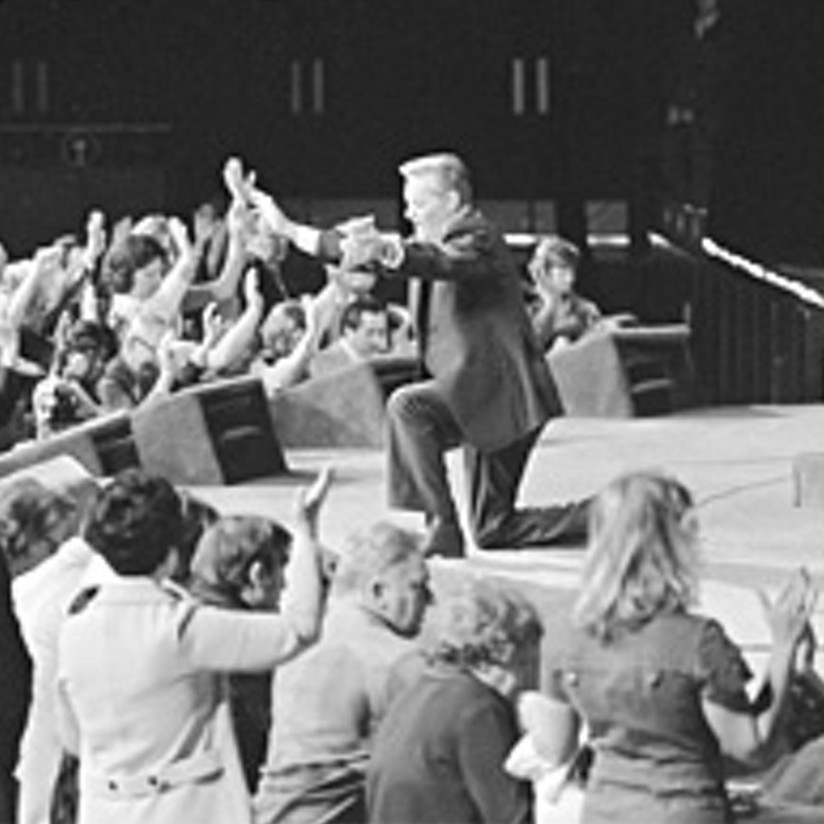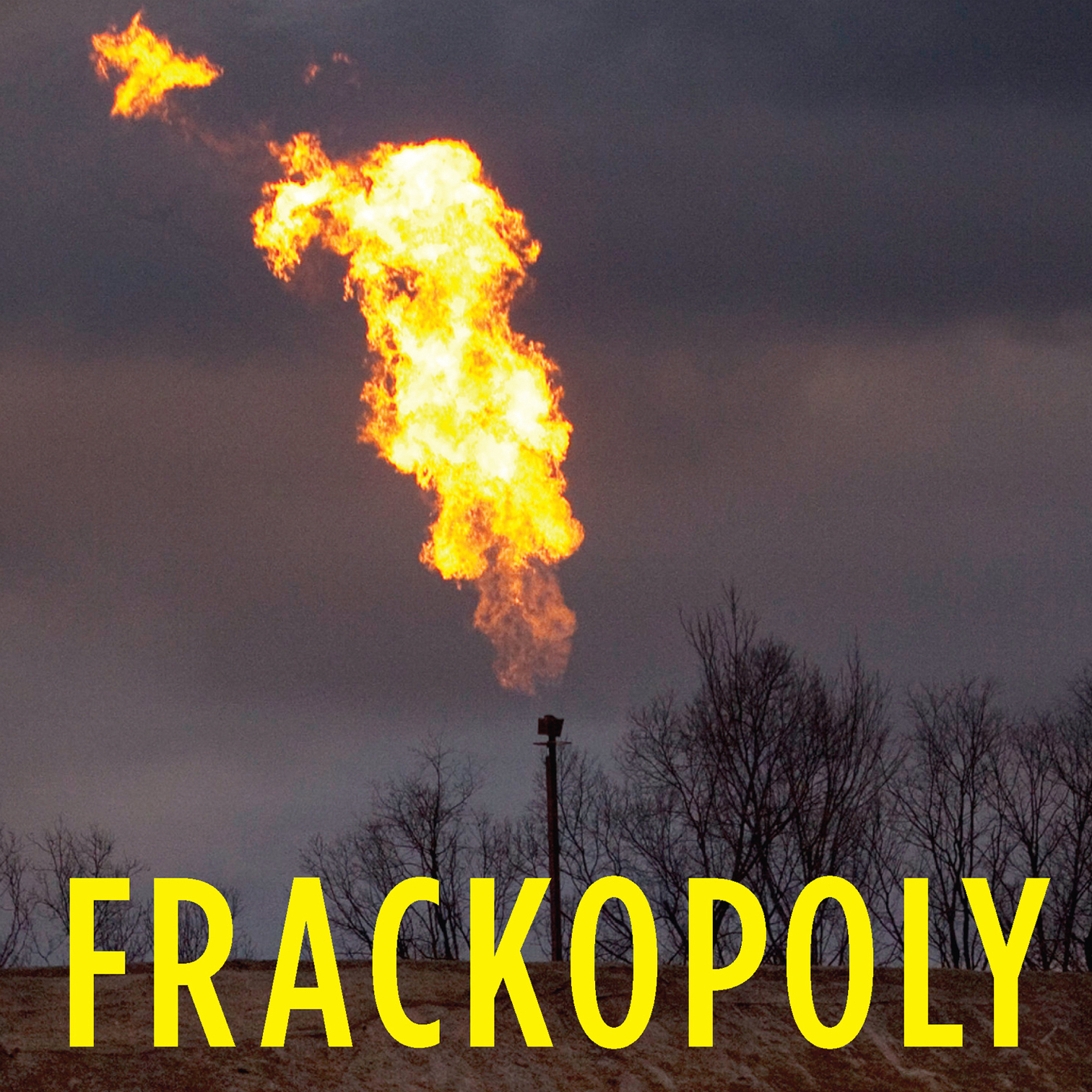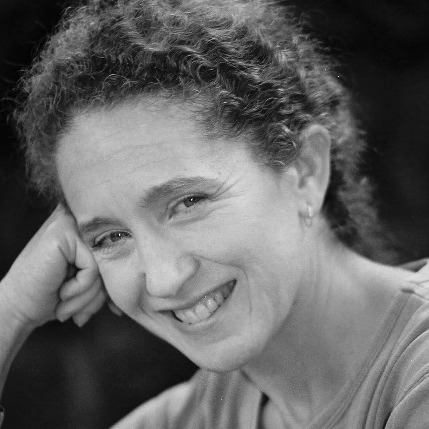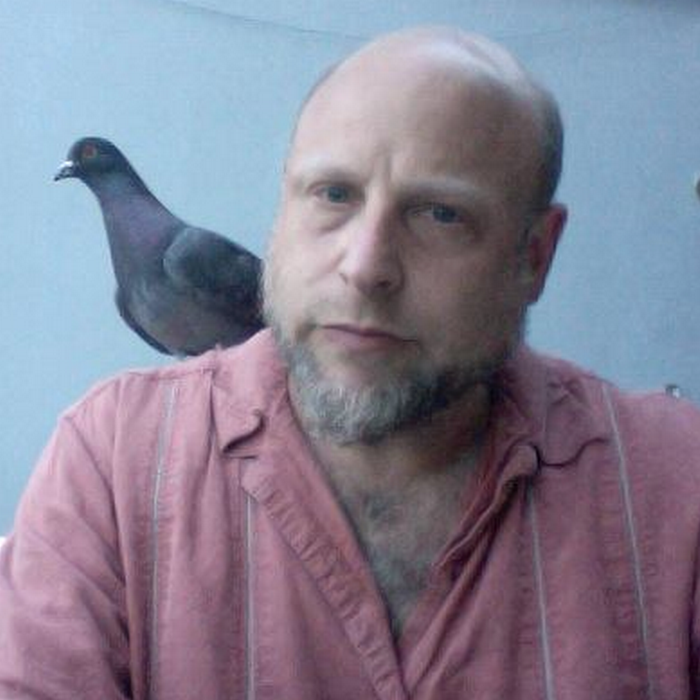Cross Purposes

How American Christianity embraced the gospel of capitalism.
Writer Chris Lehmann explains how Christianity in America adopted the language and ideology of the free market, replacing European traditions with a charismatic boom and bust evangelism, promising wealth for faith and swapping social solidarity for self interest, in an ideological marriage of faith with finance that survives both market failures, and its own earthly success.
Chris is author of the new book The Money Cult: Capitalism, Christianity, and the Unmaking of the American Dream from Melville House.

Goodbye London: On alienation, stoicism and life without twist ties.
After 12 years in London, correspondent David Skalinder says goodbye to the city with a list of First World gripes (lightbulb inconsistency, troublesome faucet configuration, no Ziploc bags) and a set of larger, alienationish problems with the social geography (difficulty of spontaneous urban space travel, impossibility of cheesy American-style cultural integration, stunted social communication) and explains why the ancient Roman hero Gaius Mucius Scaevola figured out how to deal with all these problems, 2,500 years ago.
David is moving to Madison, Wisconsin to pursue a doctorate in Sociology. Plenty of Ziploc bags there.

A new report on meat industry working conditions is damning. The truth is worse.
Writer Elizabeth Grossman reports on the under-reported health costs of meat and poultry processing work - from the dangers of knife-work at high speeds and airborne hazardous chemicals, to the longterm debilitating conditions workers under-report to keep their jobs - and explains why the workers most at risk of serious injury are the least protected members of society, with little bargaining power against their employers.
Elizabeth wrote the In These Times story New Study Reveals Just How Brutal Meat and Poultry Work Is for Workers.

Down the road to a burning planet: How fracking bypassed democracy.
Activist Wenonah Hauter reviews the series of policy decisions and industry consolidation across the economic landscape that set the course for America's current fracking boom, and explains why fracked natural gas is not a "bridge fuel," but a backwards route away from renewable energy, and how collective action is America's only hope for steering the country off the dirty, disastrous course charted by politicians, business interests and (surprisingly) mainstream environmental groups.
Wenonah is author of Frackopoly: The Battle for the Future of Energy and the Environment from The New Press.

Populism for one: Hillary Clinton's history of right turns.
Writer Kathleen Geier deflates this election year's populist model of Hillary Clinton - from her long professional and political career serving corporate interests and neoliberal policies, to the Clinton's relative isolation among the financial elite - and explains why Wall Street wins no matter which candidate emerges victorious this November, while citizens will just have to hope that doing the right thing shows up in Hillary's White House agenda.
Kathleen's essay "Hillary Clinton, Economic Populist: Are You Fucking Kidding Me?" appears in the collection False Choices: The Faux Feminism of Hillary Rodham Clinton from Verso Books.

Searching for goals along the universe's vast, paisley path of creativity.
In a time-sensitive Moment of Truth, Jeff Dorchen considers the few billion of years worth of pasta-flinging that lead to our current present right now, and wonders if there's some larger, subconcious, species specific goal humanity has in mind - to be found in a future somewhere between Buddhas and monsters, heroes and villains, equanimity and whatever the opposite of equanimity is.





